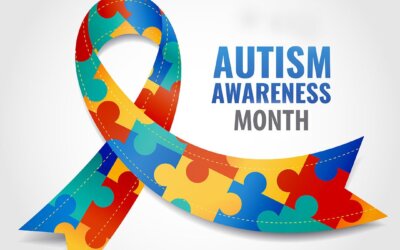May is Mental Health Month—a time to reflect, connect, and act. At Deep Eddy Psychotherapy, we believe mental health is just as vital as...
Blog
Welcome! Our goal with this blog is to tap into the rich clinical knowledge of our team in order to provide high quality, curated content that is useful to both clients and therapists. Some articles such as those in our “Therapy 101” series are more introductory and aimed at people who are considering or are new to therapy. Others like our “Deep Eddy Discussions” series dive deeper into a topic and may be more relevant to therapists or experienced clients. We hope that this blog will serve as a valuable resource for enriching your therapy experience here at Deep Eddy.
How to Recognize and Manage Springtime Depression (Yes, It’s Real)
When we think of spring, most of us picture blooming flowers, longer days, and renewed energy. For many, it’s a welcome break from the...
Understanding Autism: Fostering Awareness, Acceptance, and Support
April is Autism Awareness Month, a time dedicated to increasing understanding, fostering acceptance, and supporting individuals on the...
Join Our Team for NAMIWalks: Stride with Us to End Stigma
We are proud to announce our participation in the NAMIWalk North Texas in Colony on May 17, 2025! We're lacing up our walking shoes and...
The Three Core Negative Beliefs: Overcoming Helplessness, Worthlessness, and Feeling Unlovable
Many of us struggle with deep-seated negative beliefs about ourselves, often without realizing their origins or how much they impact our...
Collective Political Anxiety: Understanding and Coping in Today’s Divided America
In today’s fast-paced digital world, the news cycle never stops. Social media feeds are flooded with political debates, breaking news...
How to Truly Support Someone Who’s Grieving: Don’t Ask Them How Can You Help
When someone we care about is grieving, it’s natural to ask, “What can I do to help?” It’s a kind and well-intentioned question, but...
When to See a Psychiatrist: Signs You Should Seek Help
Deciding when to see a psychiatrist can be challenging, especially if you're unsure about the signs that indicate a need for professional...
The Impact of Black Psychiatrists on Sesame Street: Shaping Generations of Emotional Well-Being
Since its debut in 1969, Sesame Street has been a leader in early childhood education, blending entertainment with essential life lessons....









